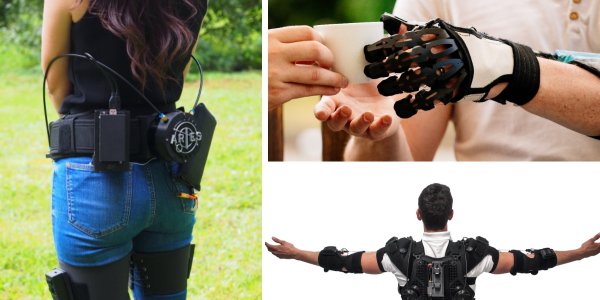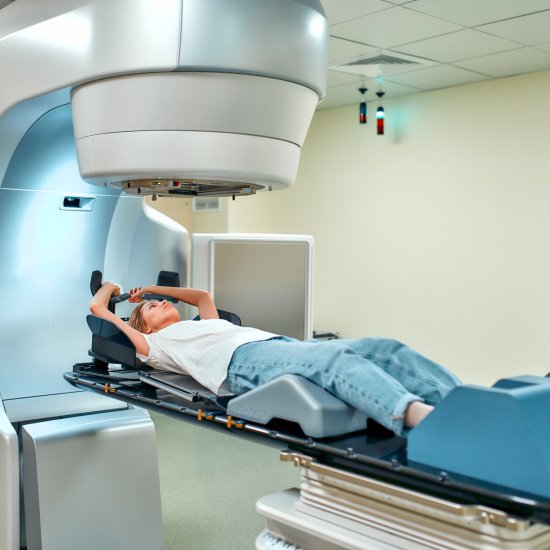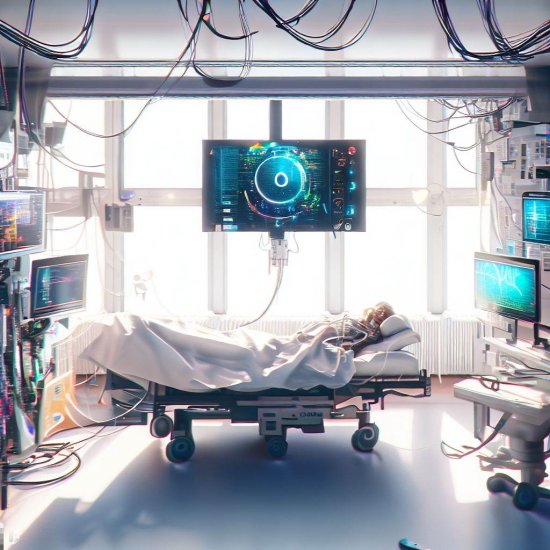
Does the future of human augmentation lie in robotics? An ever-growing number of solutions, from exosuits and rehabilitation devices, to robot-assisted surgery, makes a compelling case. Technology also holds promise for emergency medicine and intensive care, with new AI algorithms showcased for both fields. Furthermore, we take a look at latest insights for cancer research and therapies as well as the dangers of medical personnel shortages. Enjoy reading!

Article • Evolving technology
Exosuits for human augmentation and assistance
Exosuits are adding a new dimension to rehabilitation and human augmentation options for people with limited movements after sustaining injury. High-tech sensors, actuators, controllers and soft textiles are advancing the possibilities of exosuits, ...
 |
Article • “Embracing the future: Making robots for humans” at ICRAConference unveils the latest developments in robotics and automationEver-more sophisticated robots are advancing healthcare across a wide range of areas. Latest developments and research are being showcased in London from May 29 to June 2 at the 40th International Conference on Robotics and Automation (ICRA). The ... |
 |
Article • 21-day radiotherapyA safe and effective “shortcut” for early breast cancer treatmentPatients with early-stage breast cancer who have an elevated risk of having tumour recurrence now have the option to take a course of radiotherapy following breast conservation surgery that is only three weeks long, half the time of conventional ... |
 |
News • HSNCC treatment stratificationHead and neck cancer: using organoids for personalized therapyResearchers from the Organoid group (Hubrecht Institute) and UMC Utrecht have developed a biobank with organoids derived from patients with head and neck cancer (HNC). |
 |
News • With or without surgery?Early-stage lung cancer: "radiotherapy only" decision is viable, but...Stereotactic body radiotherapy (SBRT) is increasingly used in early-stage lung cancer. However, experts caution that ditching surgical options in favour of "SBRT-only" has serious drawbacks. |
 |
News • Improving heart attack diagnosisUsing AI to reduce pressure on emergency departmentsAn algorithm developed using artificial intelligence could soon be used by doctors to diagnose heart attacks with better speed and accuracy than ever before, according to new research. |
 |
News • Treatment suggestions for sepsisAI in the ICU: new model outperforms humansAn artificial intelligence developed at TU Wien (Vienna) can suggest appropriate treatment steps in cases of blood poisoning. The computer has already surpassed humans in this respect. |
 |
News • Waning workforceHealth worker shortages strongly linked to excess deathsShortages of health workers such as doctors, nurses and midwifery staff are strongly associated with higher death rates, finds a new analysis published by The BMJ. |
You are receiving this email because you subscribed to our newsletter on healthcare-in-europe If you don’t want to receive this newsletter anymore, click here to unsubscribe. Keep up-to-date on the latest news from all hospital-related fields! Copyright © 2025 mgo fachverlage GmbH & Co. KG. E.-C.-Baumann-Straße 5, 95326 Kulmbach, Germany |